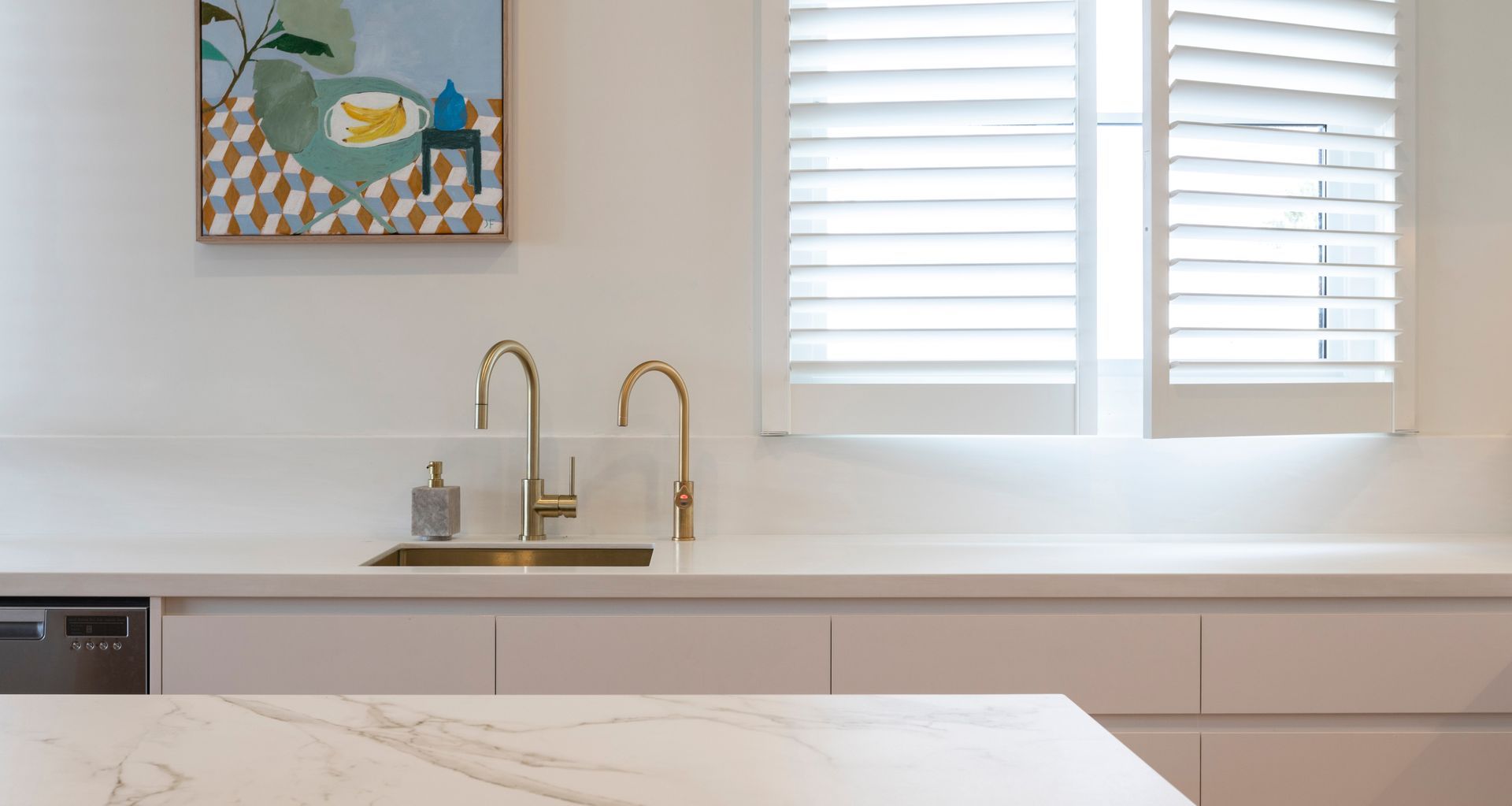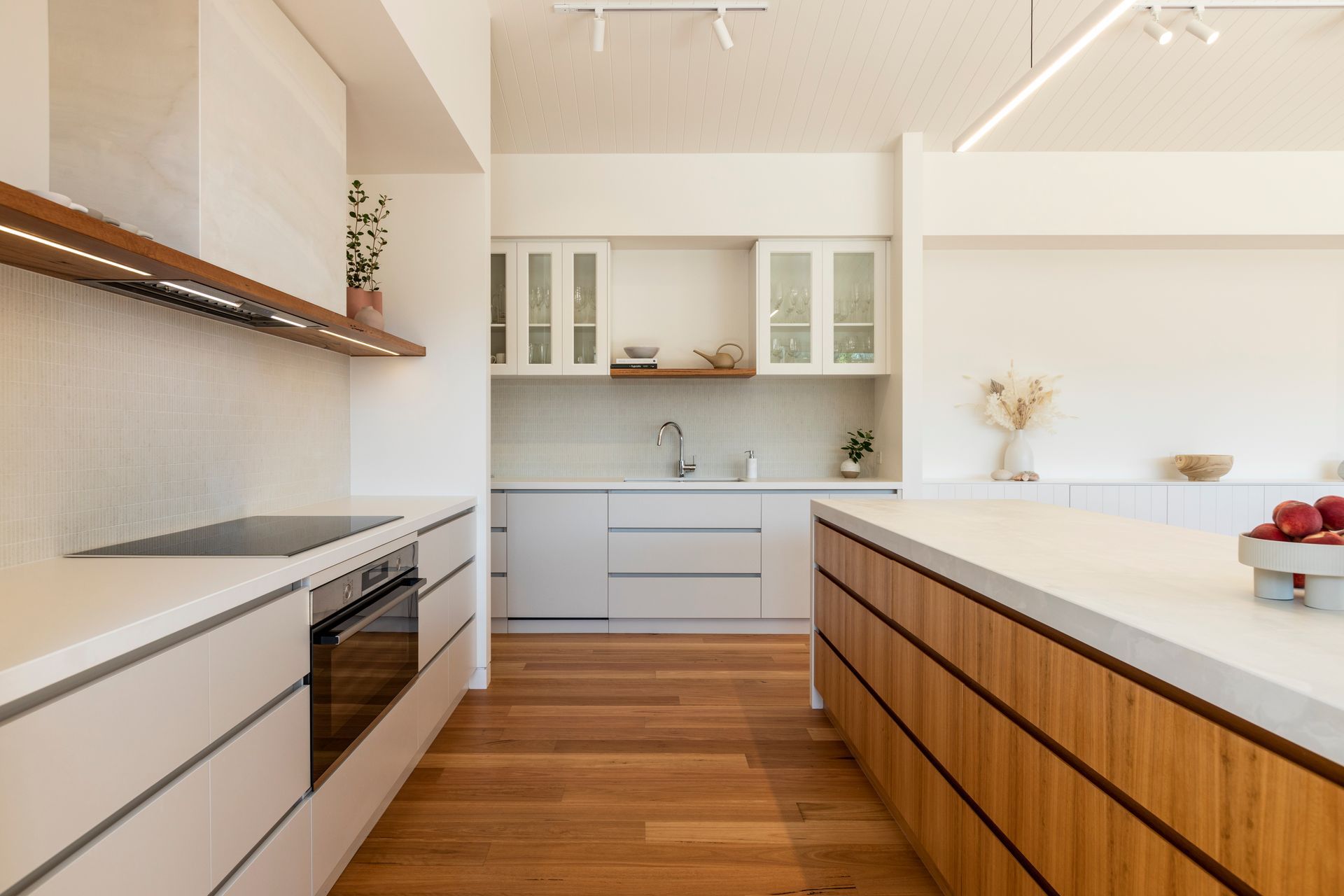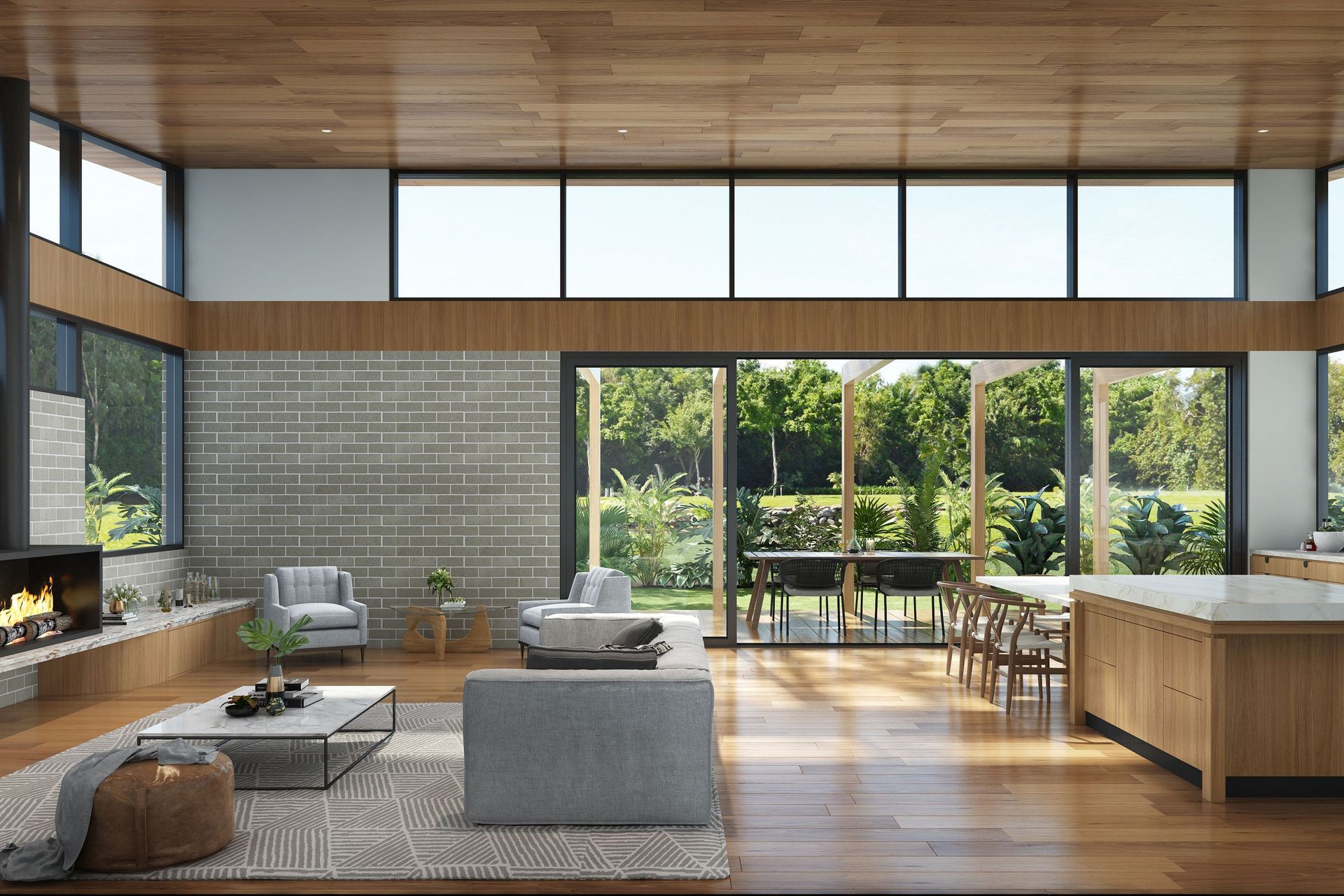Renovate or Rebuild? Being Intentional when Creating a Sustainable Home

When considering a more sustainable and functional home to better support your lifestyle, the question "Should I renovate or rebuild?" is bound to come up. On paper, both paths can lead to a better home, but the decision ultimately depends on your goals, budget, and the condition of your current house. This article will walk you through some key factors you need to consider when deciding whether to renovate or rebuild, with sustainability and cost-effectiveness at the forefront. We'll explore the strengths and weaknesses of each approach and help you make the best decision for your dream sustainable home.
Renovate vs. Rebuild: What Should You Consider
Before you decide whether to start anew or work with what you have, it's essential to critically evaluate your current home and create a comprehensive project brief. A project brief helps define your goals, style preferences, and constraints like budget and timelines. (P.S. Need help creating one? Check out our handy journal article for detailed guidance!)
Here’s what you should assess when deciding between a renovation and a rebuild.
1. Current Condition of Your Home
First things first—analyse the structural integrity and quality of your existing home. Ask yourself the following questions:
- What is the quality of construction?
- How have the materials aged over time?
- How does your home perform in terms of thermal efficiency, natural light, and ventilation?
- Does it have unique features—like a heritage façade—that make it worth preserving?
These answers will help you determine the feasibility of a renovation. For example: If your home has inherent character, sentimental value, or architectural features that enhance its value and charm, renovating could be the way to go.
2. Environmental Impact
Renovating often aligns better with the principles of a sustainable home. Restoring an existing house typically has a smaller environmental footprint because it minimises the need for new construction materials and waste. By reusing structures and materials, you reduce embodied energy—the total energy consumed in creating and transporting materials.
However, if significant structural changes or upgrades are required, rebuilding from scratch might be the more practical option. Using recycled or recyclable materials in a new build can mitigate some of the environmental effects.
3. Council Regulations
Before making any plans, understand your local council's regulations regarding renovations and rebuilds. Heritage properties, for instance, may have strict rules against demolitions or changes to the façade. Knowing what's possible and prohibited will set realistic boundaries for your project.
Why Renovate?
Renovation has its perks, especially for eco-conscious homeowners aiming to maximise sustainability.
Cost-Effectiveness and Preservation
Renovations can often (though not always) be more cost-effective than building anew. By retaining much of the existing structure, you save on materials and labor. It also preserves the sentimental value of your home and its contribution to the streetscape.
Improved Energy Efficiency
Simple changes, like reglazing windows, improving insulation, and adding renewable energy technology, can make older homes more energy-efficient and thermally comfortable without extensive construction efforts.
When done right, renovations are an opportunity to breathe new life into an old home while reducing your contribution to landfill.
Why Start from Scratch?
On the other hand, starting fresh with a rebuild ensures that energy efficiency and sustainability are baked into every step of the process.
Blank Slate for Creativity
Rebuilding offers the freedom to design your home just the way you want. From layout to orientation, every detail can be optimised to meet your needs without being constrained by an existing structure.
Operational Efficiency
A new build allows you to incorporate modern, durable, and high-performance materials, which can significantly lower ongoing energy costs. Passive design, for instance, integrates natural heating, cooling, and ventilation for an ultra-efficient home.
While the initial environmental impact is higher, using sustainable construction materials and techniques can offset it in the long term.

What Are Your Needs?
Still unsure? Reflect on these questions to clarify your goals.
1. How Significant Are the Changes You Want?
If your renovation plans involve major expansions or structural changes, rebuilding might save both time and money in the long run. Ask yourself, "How much of the existing home will actually remain intact after everything is said and done?" If very little, rebuilding could be more practical.
2. Is the Current Orientation Practical?
Homes benefit greatly from good orientation, particularly toward north-facing light in the Southern Hemisphere. If your existing home has poor solar access and a renovation can't fix that without massive structural adjustments, building new may offer better long-term benefits.
3. Have You Checked Local Real Estate Values?
Talk to local real estate agents to understand how renovations or new builds perform in your area. For instance, if new homes have higher demand and fetch better prices, rebuilding might boost your property's return on investment.
4. Is Your Home a Piece of History?
Kevin McCloud once described demolishing old homes as "tearing pages from a great book until the story no longer makes sense." If your house is integral to your neighborhood’s story, renovation might feel more meaningful (and sustainable).
If you do choose to rebuild, explore options to dismantle and reuse materials wherever possible. Many companies specialise in salvaging building materials to ensure nothing goes to waste.
Final Steps to Move Forward
- Check local council regulations to understand what’s feasible.
- Set realistic budgets and timelines.
- Create a comprehensive project brief that ensures all stakeholders are aligned.
- Speak to experts—architects, designers, builders—to explore your options and turn your vision into reality.
Did you know we offer Holistic Home Reports to help you create the perfect project plan for your renovation or rebuild? These reports gather everything you need—analysis, guidelines, and professional insights—into one actionable document. Visit our website to learn more and get started today.

